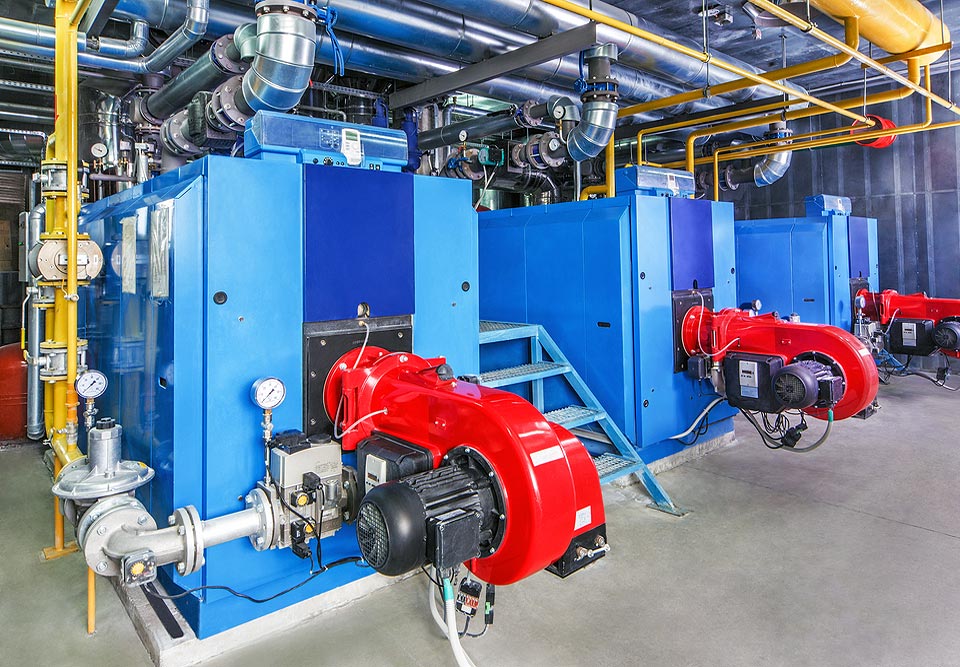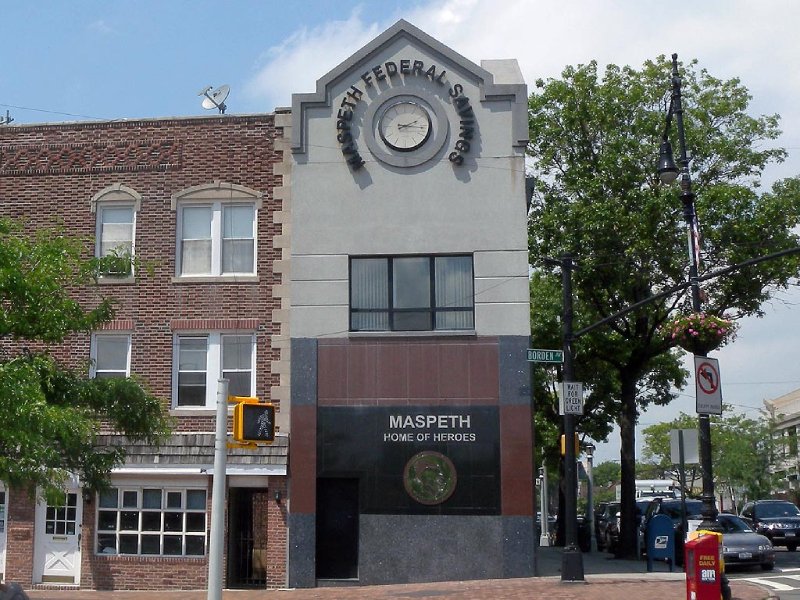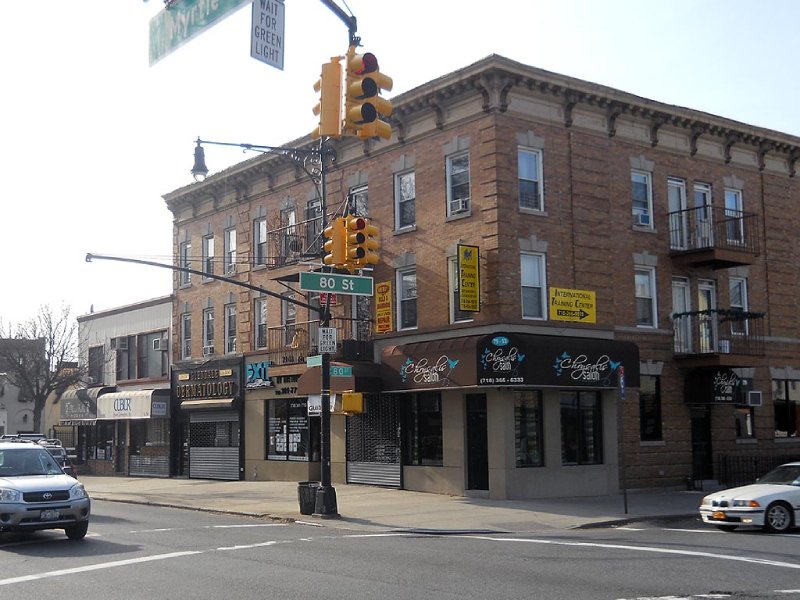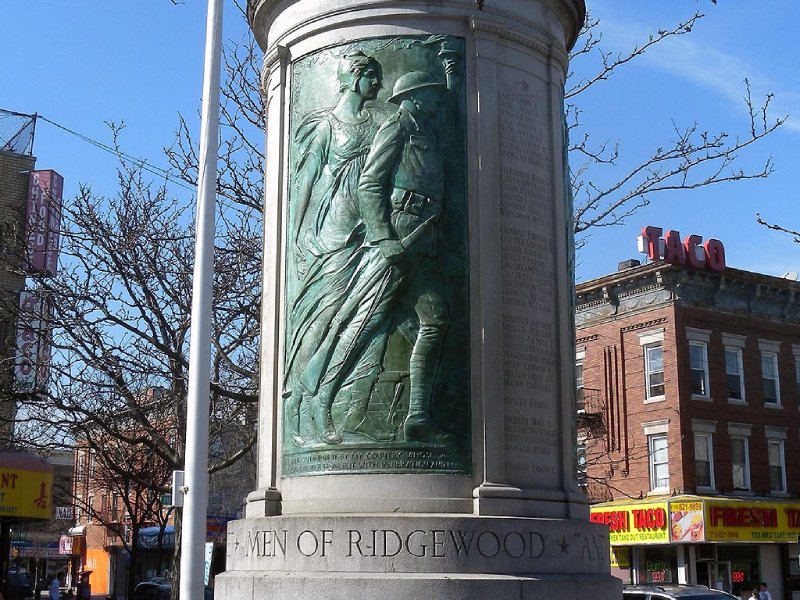When you are determining whether to use a water heater or a boiler, it is useful to understand the primary differences between the two. A traditional water heater contains heating elements inside a storage tank. It uses gas or electricity to heat the water to an average temperature of 125 degrees. It contains a temperature regulator to keep this ideal temperature consistent. When a fixture is turn on, the water travels through pipe to the needed location. Boilers are different in that they boil water, turning it into steam. Steam is a great way to transfer heat, and it travels more efficiently than water. Steam is much lighter than water. There are several types of boilers, so be sure to choose one that fits your specific needs when you are ready for your boiler install. Here are three significant advantages of selecting a boiler rather than a traditional water heater for your New York plumbing and heating needs.

Single system – A boiler can be used to heat water and air. The steam can be used to replace a heating system. This means you do not need a heating system and a water heater. One boiler does both jobs.
Environmentally friendly – Boilers can burn corn, wood, and other renewable fuels. This is a “green” alternative to a traditional water heater.
Efficiency – Boilers are known for being highly efficient because they use steam. This is especially true in a closed system. Most boiler systems are closed, avoiding loss of steam and heat.
In the past, boilers had a questionable reputation due to some design flaws. However, modern boilers have overcome many of these obstacles. The primary improvements include:
Size – New boilers are much smaller than they were in the past. Old systems were large and clunky. Now, they are available in a variety of convenient smaller sizes.
Sound – They are much quieter today than they were in previous years. No one wants to listen to a loud piece of equipment in his or her home. Manufacturers recognized this problem and corrected it with quieter products.
Reliability – Modern boilers are more reliable than ever.
Control – Temperature control was probably the biggest issue boilers faced. Crude temperature management has been replaced with modern methods of accurate temperature measurement, regulation, and control.
There are many misconceptions about boilers. These include:
Cost – Some individuals believe boilers are too expensive. While there are high-end models that cost a substantial amount, there are also moderately priced products available. They have become very affordable for the average homeowner.
Large radiator – Some people think boilers need a giant radiator. Depending on your individual system, it is unnecessary to replace your current radiator.
When purchasing a new boiler, it is crucial that you first evaluate your exact needs. Determine how much water and/or heat is required. Knowing this information helps determine the size and type of product to purchase. Examine all of the options. There is a wide variety of boilers on the market today. It is helpful to discuss these factors with a New York plumbing and heating professional. Experts are readily available to assist with this process. A new boiler is a significant investment, so you want to ensure that you purchase the best product or your specific needs. It is useful to have a budget in place before you begin seeking a new boiler. This way, you can exclude ones that are obviously out of your price range.
While traditional hot water heaters are still predominantly in use, boilers are gaining popularity. People are becoming more environmentally conscious and want products that are most efficient. If you are ready to have a new water heater or boiler installed, consider the benefits of a boiler. Contact the New York plumbing and heating experts at Kew Forest Plumbing for more information.










